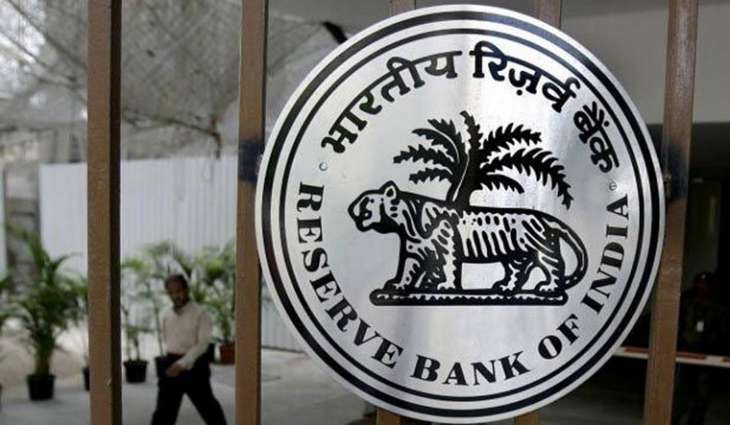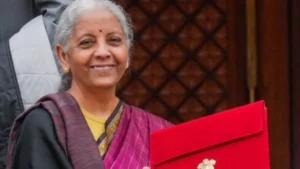V Ramachandra appointed as member of Advisory Committee of SIFL, SEFL
V Ramachandra, a former chief general officer of Canara Bank, was appointed by the Reserve Bank on Tuesday to the advisory committees of Srei Infrastructure Finance Limited (SIFL) and Srei Equipment Finance Limited (SEFL).
Buy Prime Test Series for all Banking, SSC, Insurance & other exams
V Ramachandra appointed by RBI as member of of SIFL, SEFL: Key Points
- The RBI had created a three-member advisory council to support the administrator of the two crisis-ridden enterprises after replacing the boards of SIFL and SEFL in October 2021.
- During the corporate insolvency resolution process, the Advisory Committee shall provide advice to the Administrator regarding the management of SIFL and SEFL.
- Venkat Nageshwar Chalasani, a former deputy managing director at the State Bank of India, and T. Srinivasaraghavan, a former managing director at Sundaram Finance Limited, make up the other two members of the committee.
- The National Company Law Tribunal’s Kolkata Bench received applications from the RBI in October 2021 to begin the corporate insolvency resolution procedure against SIFL and SEFL (NCLT).
RBI’s Digital Payments Index Jumps to 377.46 in Sept from 349.30 in March
About Advisory Committee of SIFL, SEFL
The three-member committee established pursuant to the Insolvency and Bankruptcy (Insolvency and Liquidation Proceedings of Financial Service Providers and Application to Adjudicating Authority) Rules, 2019, “will remain as the advisory body” following the NCLT’s admission of the petitions.
RBI Proposes Stressed Assets Securitisation Framework For Quicker Resolution
About SREI Group
Srei Group, which primarily serves the infrastructure and MSME sectors, owes over Rs 18,000 crore to approximately 15 lenders, including Axis Bank, UCO Bank, and State Bank of India, in addition to nearly Rs 10,000 crore in bonds and borrowings from other countries.
Srei Equipment Finance stated in a regulatory filing earlier this month that its administrator had received a report from the transaction auditor on several fraudulent transactions in 2019–20 and 2020–21, which had a financial impact of more than Rs 3,025 crore on the Srei group.




 Australian Open 2026: Carlos Alcaraz Def...
Australian Open 2026: Carlos Alcaraz Def...
 Union Budget 2026: List of New and Exist...
Union Budget 2026: List of New and Exist...
 Union Budget 2026-27: Top Most Important...
Union Budget 2026-27: Top Most Important...








